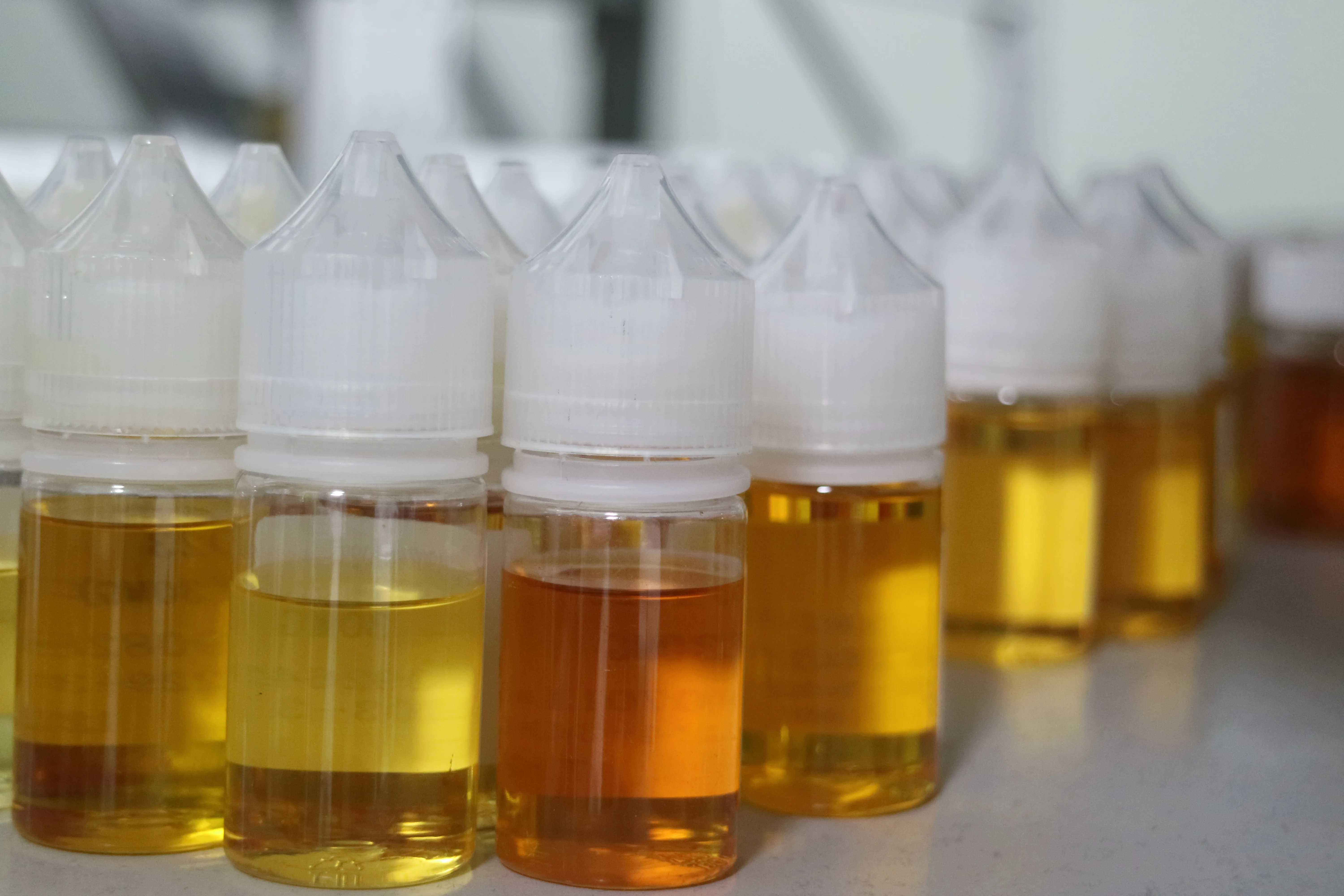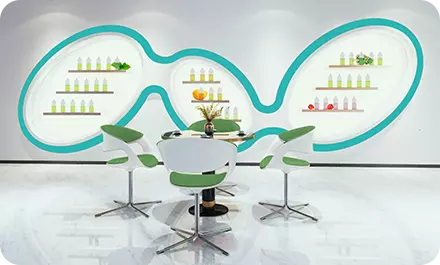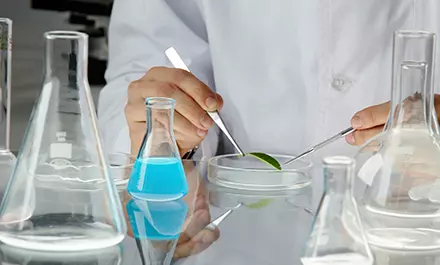
Does ejuice expire?
E-juice, also known as vape juice or e-liquid, is a vital component in vaping. It provides the flavor and nicotine content that vaping enthusiasts crave. The demand for e-juice has been on the rise in the last decade, with more and more people attracted to vaping as a healthier alternative to traditional cigarettes. However, there has been a lot of debate about whether e-juice expires or not. This essay delves into the topic of whether or not e-juice expires and what factors contribute to its degradation.
The short answer is that e-juice can expire, but it is not in a way that poses a health risk. Unlike food, where the expiration date is usually a warning of unsafe consumption, expired e-juice is not harmful to vape. It just means that its quality has diminished and may not produce the desired vaping experience.
One of the primary factors that contribute to e-juice's expiration is its composition. E-juice is made up of various ingredients, including propylene glycol (PG), vegetable glycerin (VG), flavorings, and nicotine. The main constituents of e-juice are PG and VG, which lend the characteristic throat hit and cloud production, respectively.
When e-juice is exposed to air and light, its composition starts to break down. PG is an unstable compound that can oxidize under certain conditions, leading to a sour taste and a decrease in stability. VG, on the other hand, is susceptible to breaking down into volatile compounds when exposed to high temperatures, leading to the loss of flavor.

Another factor contributing to e-juice's expiration is the presence of nicotine. Nicotine is a highly reactive compound that undergoes oxidization and degradation when exposed to air, heat, and light. This results in a decline in nicotine strength, which can significantly impact the vaping experience. Moreover, with time, the degradation of nicotine can lead to the production of harmful compounds such as nitrosamines, which pose a health risk.
Lastly, the type of flavorings used in e-juice can also affect its expiration date. Some flavorings are more stable than others, and as such, they can maintain their taste for longer. On the other hand, certain flavorings can break down and lose their potency after a few months, leading to a bland and unappealing vaping experience.
The lifespan of e-juice will depend on the individual factors that contribute to its degradation. Typically, e-juice lasts around two years, but this can vary depending on how it has been stored and its composition. For instance, e-juice that has been exposed to high temperatures, air, and light will degrade faster than that kept under cool and dark conditions.
To extend the lifespan of e-juice, proper storage is vital. E-juice should be stored in a cool and dark place, mainly when it contains nicotine. Exposure to light and heat hastens the breaking down of compounds in the e-juice, and as such, it's vital to store it in a place that is not exposed to sunlight or extreme temperatures.
One of the signs that e-juice has expired is a change in color. Fresh e-juice usually has a clear, transparent appearance. However, over time, it may acquire a slight yellow tint due to the degradation of flavorings and nicotine. Moreover, expired e-juice may have a sour or acrid taste, which is an indication of oxidization.
In conclusion, while e-juice does expire, it is not a cause for alarm. Expired e-juice is not harmful to vape, but it will not give the desired vaping experience. To extend the lifespan of e-juice, proper storage is essential, and exposure to light, heat, and air should be minimized. Vapers should keep an eye on the color and taste of their e-juice to ensure that it is still fresh and offers the optimal vaping experience.

We will contact you as soon as possible









